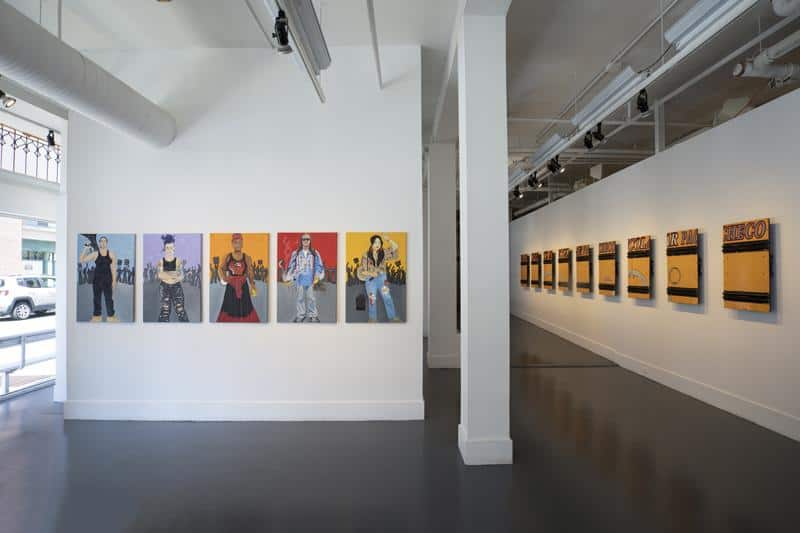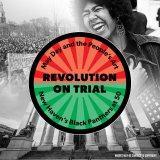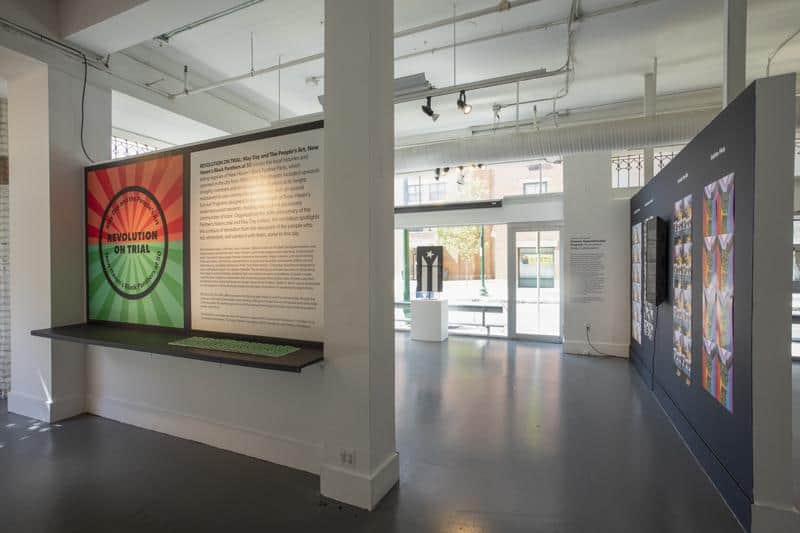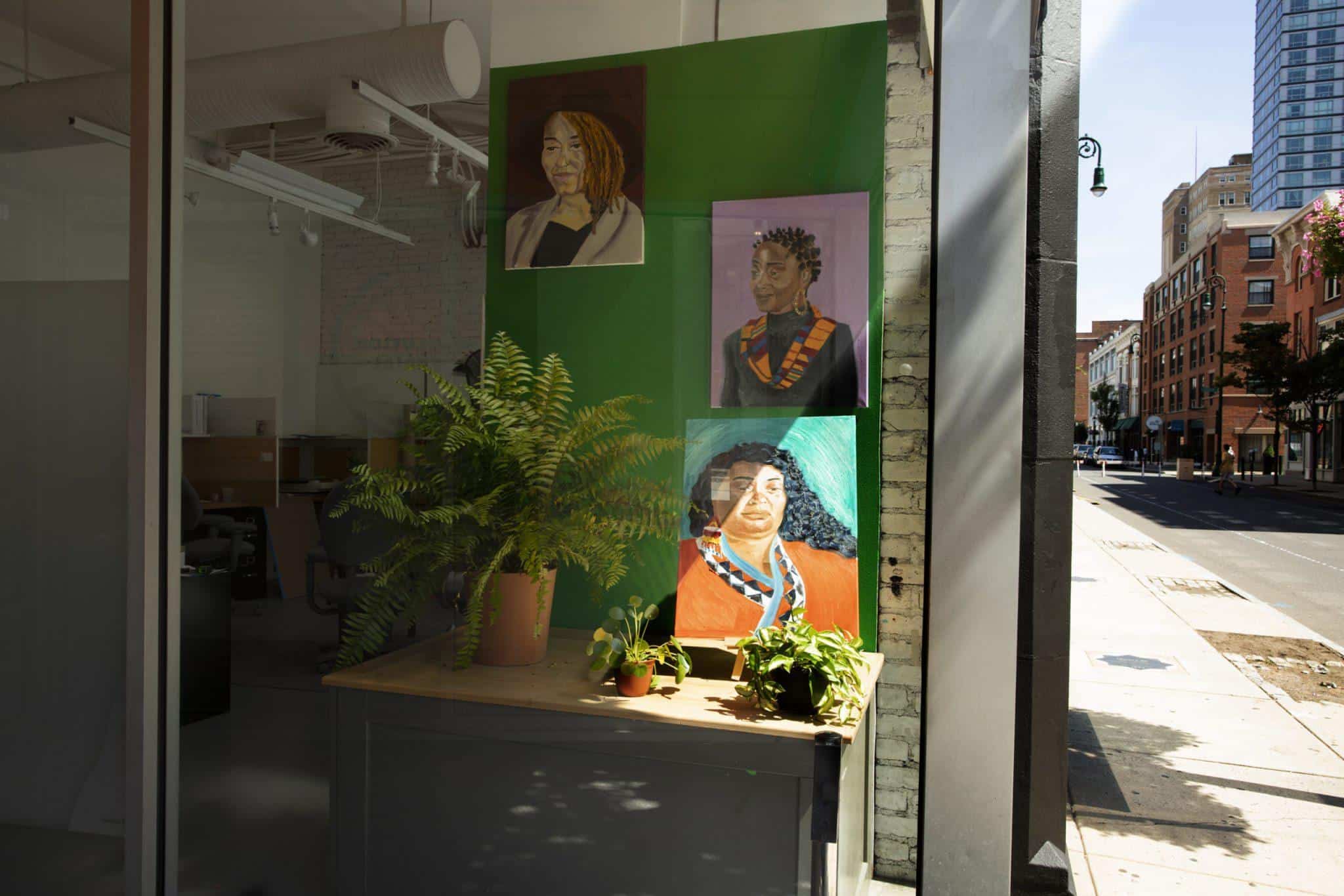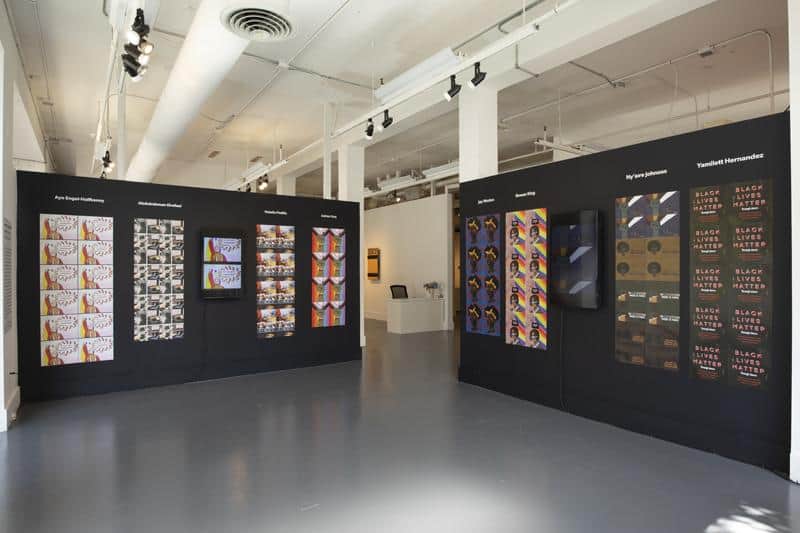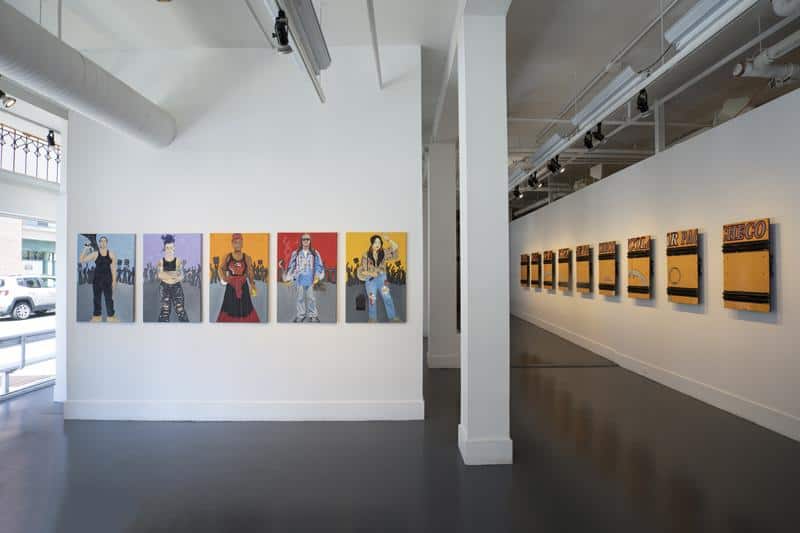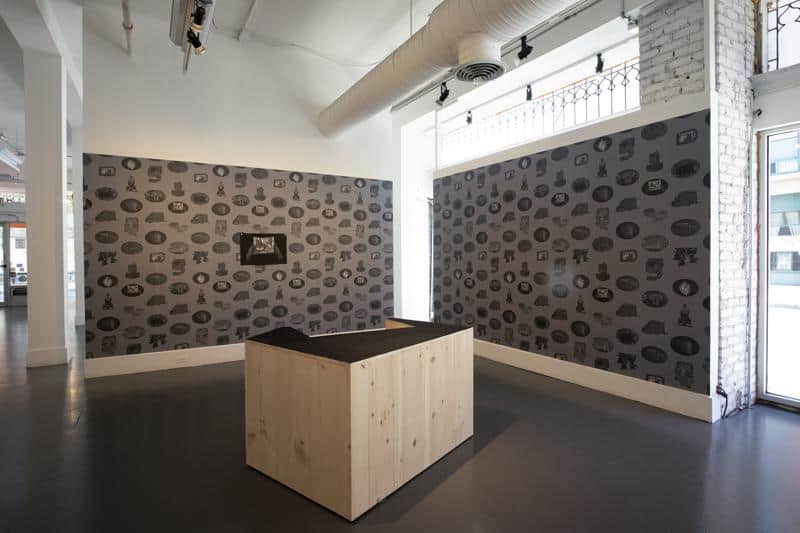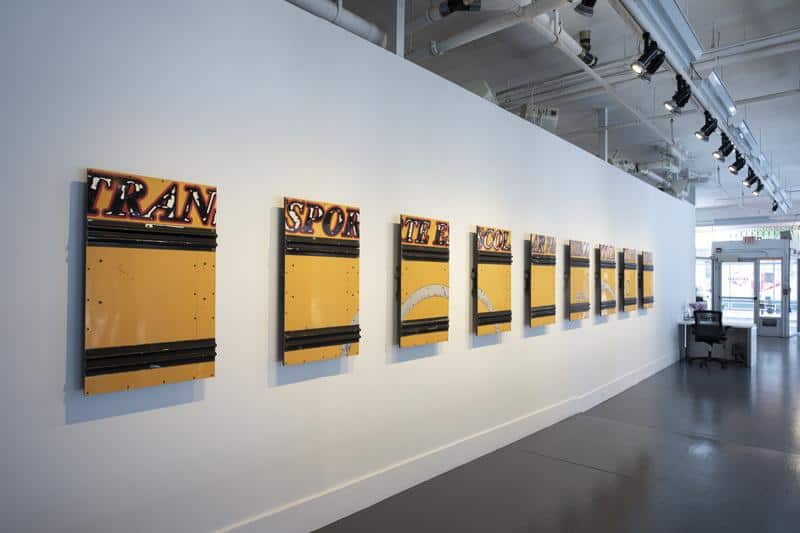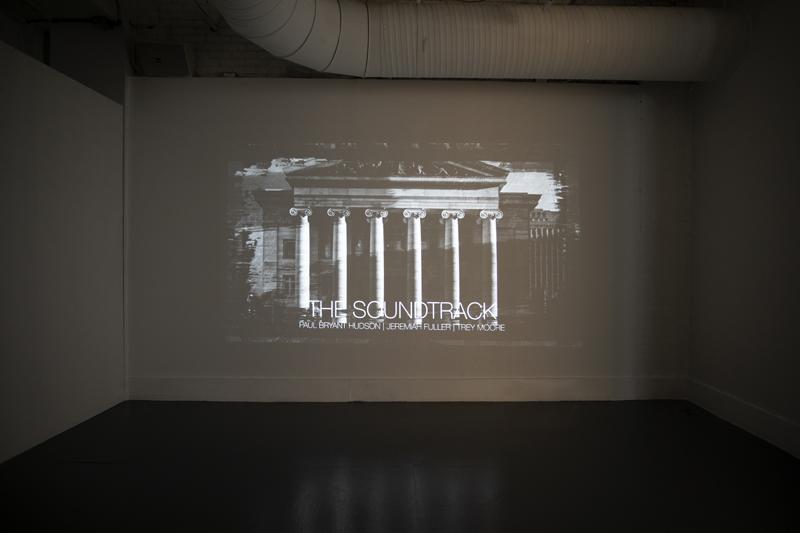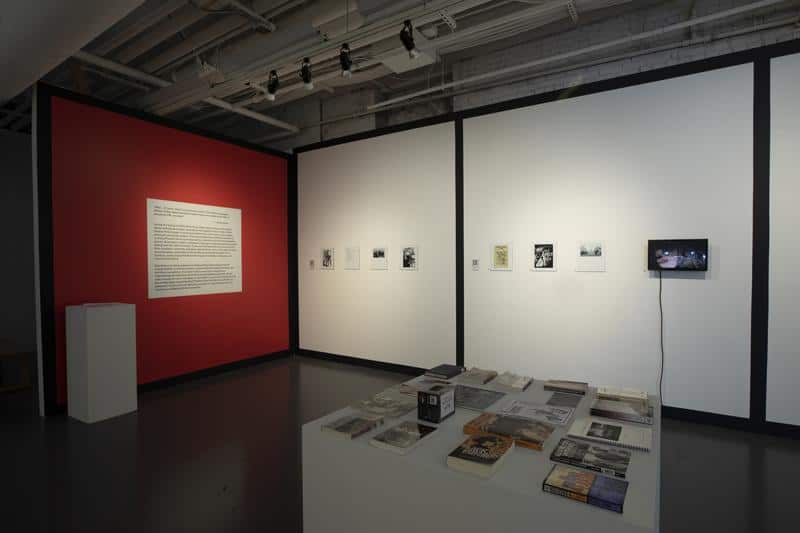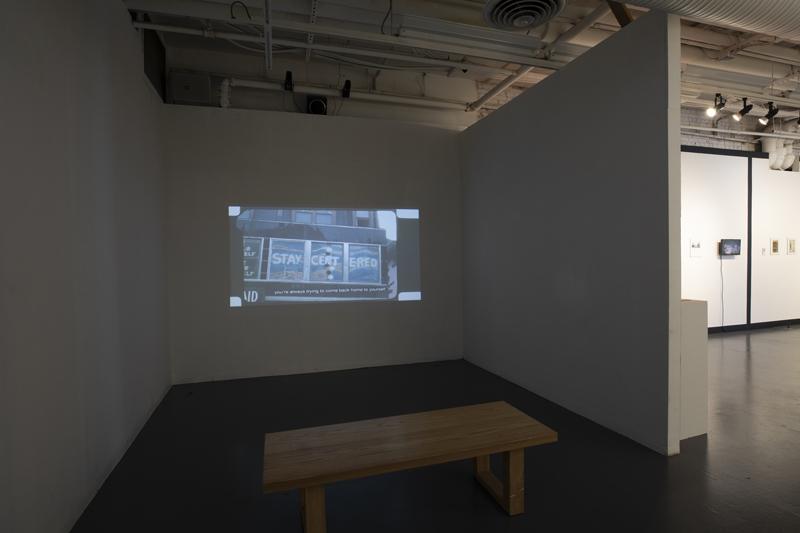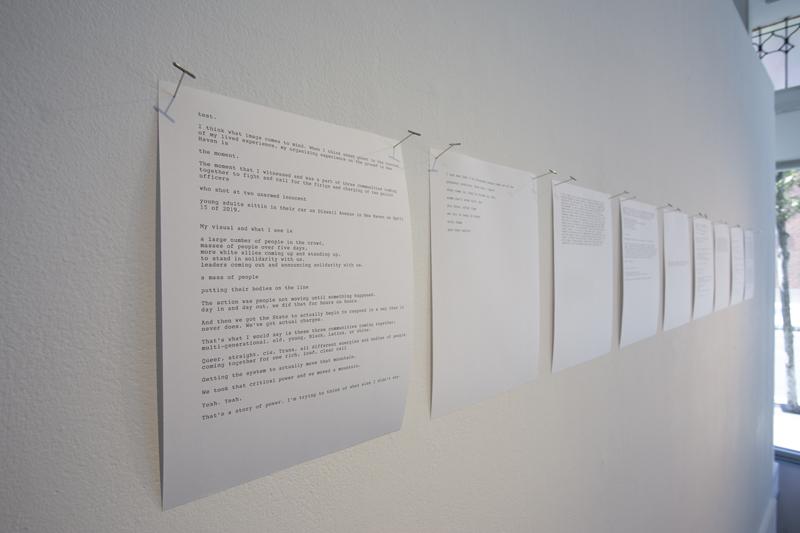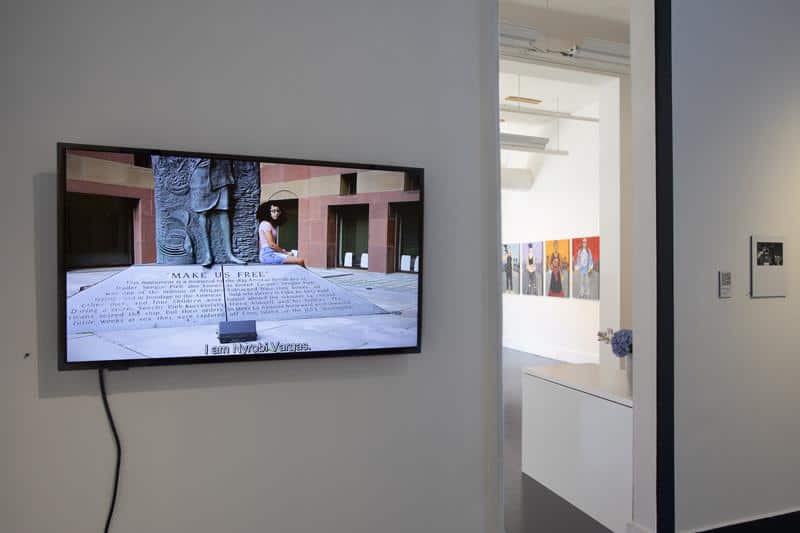REVOLUTION ON TRIAL marks the 50th anniversary of the trial of Black Panther Party Chairman Bobby Seale, New Haven Chapter founder, Ericka Huggins, and seven other party members, Francis Carter, George Edwards, Rory Hithe, Peggy Hudgins, Lonnie McLucas, Rose Smith and Landon Williams. The defendants were tried for charges relating to the murder of Panther and suspected FBI Informant, Alex Rackley on May 20, 1969. Ericka Huggins and Bobby Seale’s trials received the most attention, as the courts sought the death penalty for conspiracy to murder.
From May 1-2, 1970, 15,000 people came together in support of their case in a rally on the New Haven Green named “May Day.” The protest was organized by Panthers, community members, internationally recognized activists and Yale students against the backdrop of increasingly mediatized racial unrest, the Civil Rights Movement, the Vietnam War and other social problems. By 1970, the Panthers were a political force with chapters in almost every major U.S. city, and links to North Vietnam, Cuba, and Algeria, the center of Pan-Africanism. Their practices resonated with leaders of the Black Liberation Movement, multiracial left leaning allies, international oppositional movements and opponents of American imperialism abroad who found common purpose in their ideologies and revolutionary struggle. As the Party gained strength, J. Edgar Hoover, Director of the FBI, famously named the Party the greatest threat to homeland security, and began a war that involved excessive and sometimes illegal surveillance, wiretapping, policing and infiltration into the Black Panther Party by way of undercover agent provocateurs.
Anticipating violence, and up to half a million attendees, the FBI sent 4,000 National Guardsmen and 2,000 State Troopers to New Haven to maintain order during the May Day rally, with thousands of Marines and paratroopers on standby in neighboring states. As local businesses boarded up their storefronts, Yale President Kingman Brewster moved in a different direction. In secret coordination with Panthers, Yale students, Yippies and the New Haven Police Chief, he opened up the university campus to demonstrators, offering shelter, food, day care and first aid, setting the stage for maintaining peace. Days before the rally, Brewster asked in a televised interview, “Is it possible for a “Black revolutionary to achieve a fair trial anywhere in the United States?,” drawing government and media attention towards himself and propelling New Haven into an international spotlight. As evening fell on May 1, Panther Douglas Miranda drove around New Haven, playing an audio recording of Bobby Seale’s voice instructing protestors, “Now is not the time for violence.” Overall, the rally was peaceful, but things could have gone differently. Two days later, violence erupted on the campus of Kent State University, resulting in the National Guard’s murder of four student protesters, and fourteen days later, violence rose again at Jackson State University, resulting in the police murder of two student protestors.
On May 25, 1971, more than two years after the murder, Seale and Huggins were acquitted when the jury failed to reach a verdict, deadlocked 11 to 1 for Seale’s acquittal and 10 to 2 for Huggins’ acquittal. In his closing statements, Judge Harold Mulvey said, “I find it impossible to believe that an unbiased jury could be selected without superhuman efforts — efforts which this court, the state and these defendants should not be called upon either to make or to endure.” It had taken the court 4 months and over 1,000 interviews to find 12 “fair and impartial” jurors to try the first case, and Mulvey doubted that any Connecticut resident could serve as a juror not influenced by the borage of Panther-related media coverage, police press conferences and statements, or their own endemic racism. It is likely that Mulvey also wanted the Panthers, the press and the protesters camped out on the steps of his Courthouse out of Connecticut.
In the aftermath of the trial, Huggins and Seale left Connecticut almost immediately, as did many of the Panthers called in from other states. While Huggins left free, Seale was bound in handcuffs and extradited to Chicago, where he stood trial for another criminal charge. The media lost interest in the New Haven chapter and Yale students finished up their education, some chronicling May Day in its aftermath. Still, the New Haven chapter continued to serve the community, offering its free breakfast program for children, political education classes, the liberation school, day care and legal aid classes. They also initiated new services, including a Free Busing to Prison Program. In July 1972, many Panthers moved to Oakland California to support Bobby Seale’s campaign to run for Mayor, and the chapter eventually closed down in 1973, their final efforts led by Financial Secretary, George Edwards, and Elise Brown.
Works Cited
1.Paul Bass, Douglas Rae, Murder in the Model City: The Black Panthers, Yale, and the Redemption of A Killer (2006)
2.Joshua Bloom and Waldo Martin, Black Against Empire: The History and Politics of the Black Panther Party (2013)
3.Jamie J. Wilson, The Black Panther Party of Connecticut (2014)
4.Interview with Paul Bass, Artspace, (November 22, 2019)
